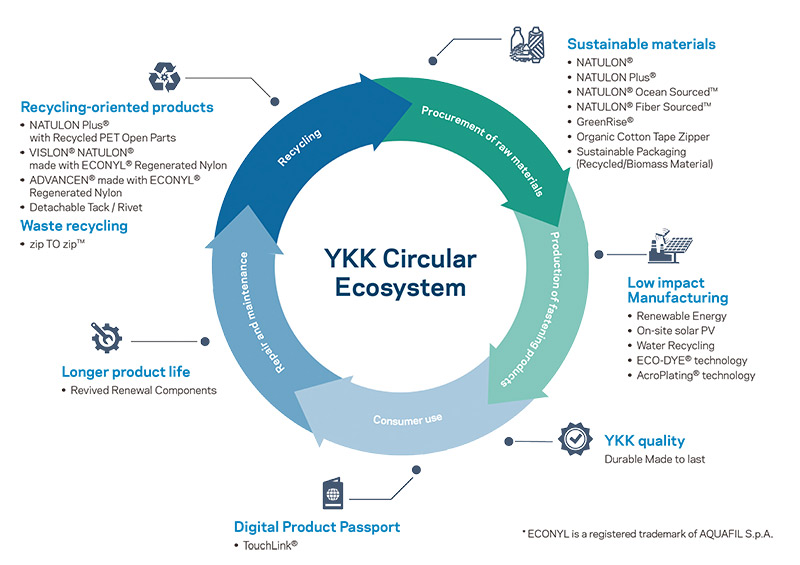YKK SUSTAINABILITY VISION 2050
YKK Sustainability Vision 2050
- Action plan for Net-Zero GHG emissions and Coexistence with nature -
In October 2020, we formulated the YKK Sustainability Vision 2050 which sets numerical targets for the Fastening Business from the 2019 YKK Group Environmental Vision 2050. As part of this, we have set targets under five themes: climate change, material resources, water resources, chemical management, and respect people, and are carrying out activities that will contribute to achievement of the 2030 SDGs as well as carbon neutrality by 2050.
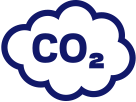
- Develop business activities to combat and respond
to climate change
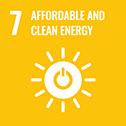
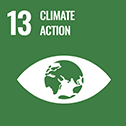
To combat global climate change, YKK commits to GHG emissions reduction targets to achieve climate neutrality by 2050 and support the Paris Agreement, which seeks to limit global warming to 1.5°C above pre-industrial levels. Additionally, YKK will adapt to climate change and respond by developing stable business activities.
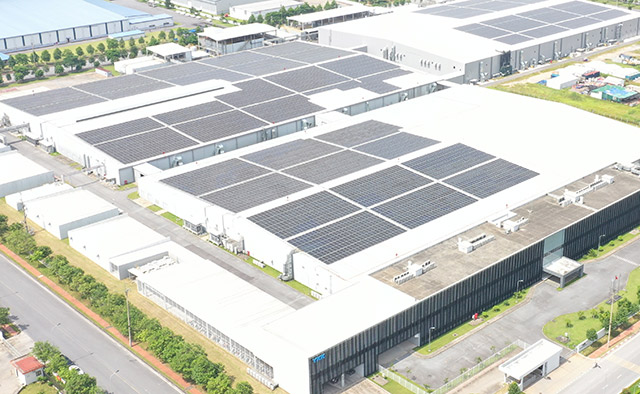
(By 2030)
- Reduce emissions of CO2 and other GHGs in our company and supply chains.
Scope 1+2: 50% reduction (from FY2018 baseline)
Scope 3: 30% reduction (from FY2018 baseline)
- 100% renewable energy ratio for power consumption
(By 2050)
- Aim for zero GHG emissions (Net Zero).
- Reduce energy consumption through improved manufacturing methods and equipment, streamlined operations and processes.
- Install renewable power sources at Fastening Business locations where feasible.
- Reduce our Scope 2 emissions by purchasing external renewable energy where possible.
- Reduce our Scope 3 emissions by switching to more sustainable materials.
- By 2025, abolish all coal use in YKK facilities.
- Reduce risks associated with climate-related disasters (flooding, heat waves, reduced precipitation, etc.)
- Build supply chains that take climate change-related disaster risks into account.

- Achieve manufacturing
that increases the sustainable use of resources
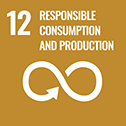
In the Fastening Business, we will reduce the environmental impact of the products that we make and the packaging that we use, and shift to sustainable materials, in order to reduce waste and the use of petroleum derived materials throughout the lifecycle of our products. We will help achieve a circular society, protect ecosystems, and engage in enriching activities.
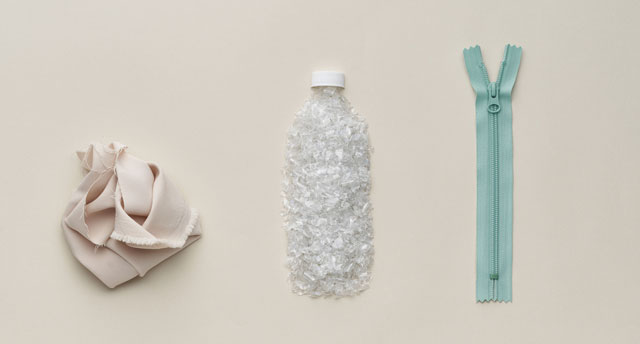
(By 2030)
- Switch to 100% sustainable textile materials for fastening products (recycled materials, naturally-derived materials, etc.).
- Replace all vinyl/plastic packaging materials with sustainable packaging, including recyclable/reusable forms, in the Fastening Business.
- Sustain a waste recycling rate of at least 90%.
- Reduce the amount of waste to be landfilled or incinerated at all production sites.
- Promote procurement that takes biodiversity (environmental issues) into account.
- Contribute to resource recycling by implementing manufacturing and product design that reuses resources and avoids producing waste. Focus product design on improving durability, making products repairable, and recyclable.
- Develop fastening product resource recycling technologies.
- Engage in ecosystem conservation activities.
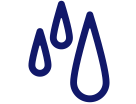
- Achieve sustainable use of water
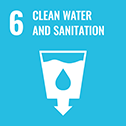
With the goal of sustainable water usage, reduce the load on local communities and ecosystems by reducing water intake and strengthening wastewater management according to regional circumstances.
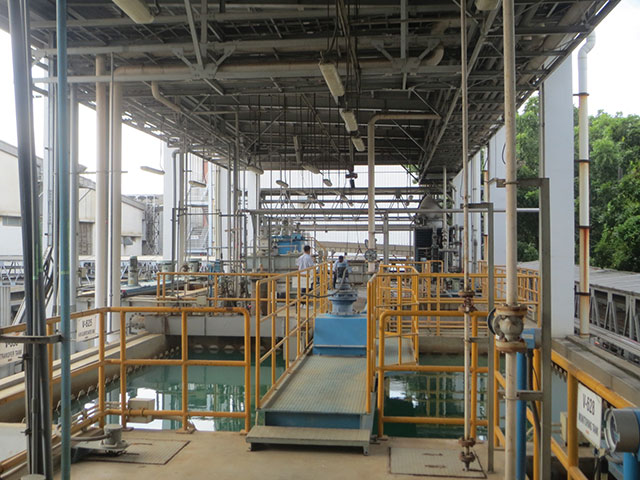
(By 2050)
- Reduce water intake by 30% (from FY2018 baseline)
- Reduce water intake through initiatives such as streamlined use/reuse of water.
- Strictly manage wastewater at all manufacturing sites in accordance with government regulations and YKK in-house standards, which are based on industry standards such as ZDHC (Zero Discharge of Hazardous Chemicals).
- Reduce water risks at manufacturing sites.
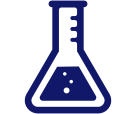
- Management and reduction
of chemical substances
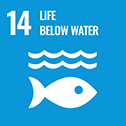
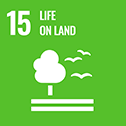
We will work to minimize the impact on the natural environment and people by appropriately managing and reducing the amounts of chemical substances we used to help ensure a healthy environment for future generations.
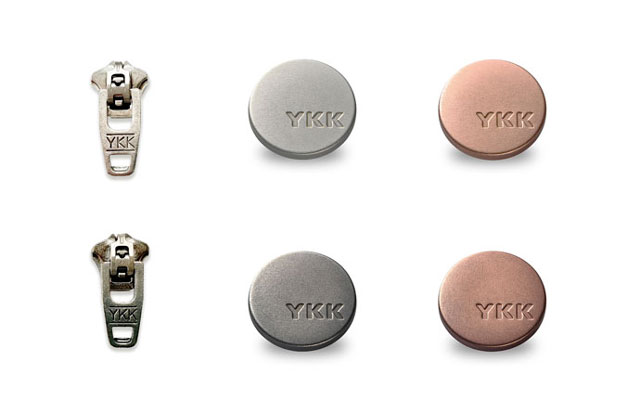
(By 2030)
- Promote reductions of harmful chemical substances.
- Establish our own standards (YKK RSL) for managing the use of chemical substances in all products and manufacturing processes, and promote the reduction of harmful chemical substances via ongoing risk communication with stakeholders.
- Ensure compliance with industry standards utilizing OEKO-TEX® STANDARD 100 and AFIRM RSL for products standards, and our own standards based on ZDHC MRSL for manufacturing process management standards. Mandate compliance with industry standards at our locations around the world.
- Develop new production methods that reduce the use of hazardous chemical substances and that lower environmental impacts while maintaining product quality.
- Formulate air and soil pollution countermeasures when using hazardous chemical substances. Help protect the global environment through use of these countermeasures.
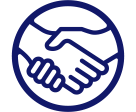
- Upholding human rights and ensuring fair,
safe work environments
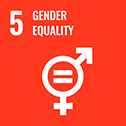
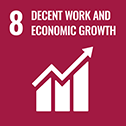
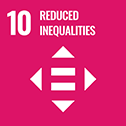
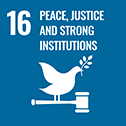
YKK believes in the universal philosophy of respecting the dignity and rights of all human beings and is committed to contributing to a diverse and sustainable society.
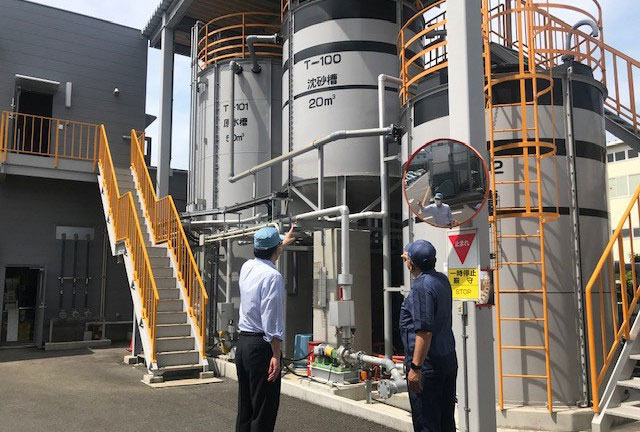
- By valuing diversity, being inclusive, respecting human rights, and improving the work environment, we will create better and safer workplaces throughout our supply chains. We will ensure that everyone can work with peace of mind, make the most of his or her individuality, and lead a healthy and happy life.
- Enact improvements based on changing societal demands and implement ongoing YGCC audits based on the YKK Philosophy of the CYCLE OF GOODNESS® and UN Guiding Principles on Business and Human Rights.
Towards Bringing About a Circular Economy
A circular economy is an economic system in which existing materials and products are utilized as long as possible, and continue to circulate through processes such as being repaired, reused, and recycled. In order to contribute to the transition to this sustainable economic system, YKK is focusing on developing new products and technologies, such as switching to the NATULON® zipper series which uses recycled material in the zipper tape segment, the Revived Renewal Components which were announced in the fall of 2024, and a zipper for PET garment recycling, made from PET materials as much as possible, with recycling after use in mind. We have also launched zip TO zipTM, an initiative to reuse discarded fastening products and transform them into new fastening ones.
